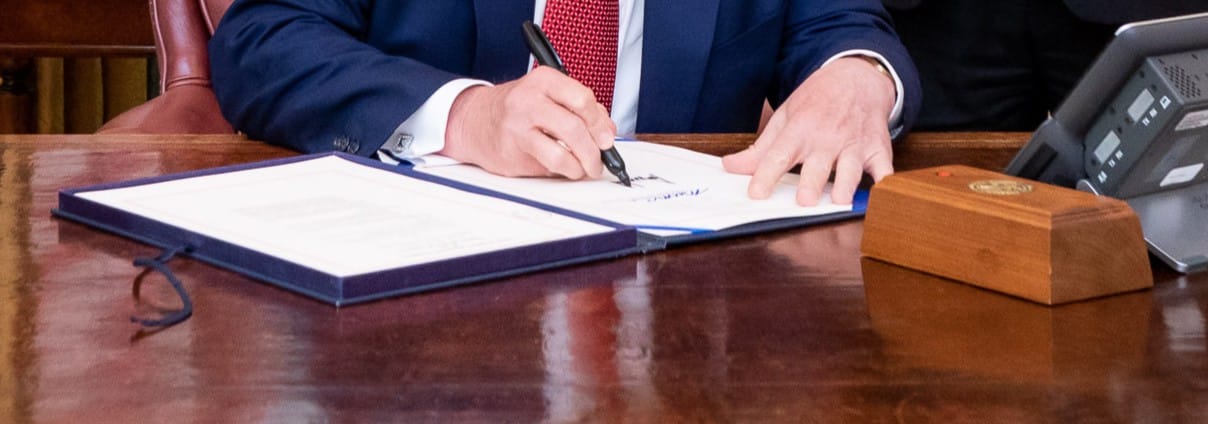Some lawmakers are pushing a new tax extenders bill, the annual or near annual dance of providing special interest tax breaks to special interests with good lobbyists.
No, we are not talking about the big tax bill.
The math on that bill was already bad enough, but we figured the slim silver lining was they didn’t squeeze these parochial provisions in and that they would wither on the legislative vine. Instead, even before the House and Senate have ironed out the – at times significant – differences between their respective 450 and 468 page bills, senators want to create dozens of additional special interest tax breaks.
This approach to the tax code is the opposite of true tax reform and shows why lawmakers need to pump the brakes on the current bill and go back to the drawing board.
This package senators are floating isn’t a new thing. Every year or two Congress passes a “tax extenders” package giving new life to dozens of tax provisions that are set to expire, or have already expired. The package was a hodge-podge of different breaks both costly and seemingly minor. Everything from tax provisions dealing with NASCAR track owners, to film and television productions, to rum sales from U.S. Virgin Island and Puerto Rico, and even electric motorcycles.
Some of these could be argued as legitimate incursions of the government into the marketplace to encourage certain beneficial behaviors. Even so, they’re seldom actually debated – in public or otherwise.
Typically, the extenders package is a legislative parasite attaching itself to much bigger, must-pass legislation. In 2008, while lawmakers were scrambling to address dire warnings of economic collapse, the extenders package was slapped onto the bank bailout. In 2010, they burrowed their way into much bigger legislation extending the Bush tax cuts of 2001 and 2003. And then they wound up in the grand bargain to avoid the so-called fiscal cliff.
At the end of 2015 extenders were included in the Taxibus (Omnibus spending bill for Fiscal Year 2016 with tax provisions added in) and some of them – deductibility of state and local sales taxes for instance – were made permanent. A provision that is repealed in the current House and Senate tax legislation offsetting a little – $42 billion – of the revenue loss.
Even if some provision could be justified on its own merits, including it in the extenders package is still a gimmick. If the narrow exception was meritorious enough, the provision would be made permanent in the code rather than masking the true cost by extending it every couple years.
The House and Senate tax bills already include a few temporary provisions that are likely to become the nucleus of some future tax extender package. Interestingly the bulk of them were left on the cutting room floor. (Irony alert: The sweetheart tax deal for movie, television, and theater productions stays in the final cut of the Senate bill). Resurrecting it at the same time lawmakers are trying to jam through major tax law that will add more than $1 trillion to the debt is adding insult to fiscal injury.
Since President Reagan and a Republican-controlled Senate cooperated with a Democratic-controlled House to pass the comprehensive Tax Reform Act of 1986, the tax code has become a confusing thicket littered with tax breaks for a litany of special interests.
Little by little, Congress has enacted provisions that create economic inefficiencies and market distortions, cost more to administer, and make it harder for Americans to comply. Tax extenders embody the worst of such practices.
Tax policy, like federal spending, must help maximize the benefits of economic growth. In the pursuit of comprehensive tax reform, Congress needs to evaluate each provision by its economic efficiency. Adopting a “blank slate” approach whereby every tax break is eliminated and added back into the code only if it can be justified is the correct approach.
Every provision should be judged by a set of criteria including its economic efficiency, equity, simplicity, transparency, and yes, administrability.
Using reconciliation to adopt a hastily created tax cut package, then immediately moving to extend dozens of tax provisions for yet another year or two is the opposite of comprehensive tax reform. True tax reform would eliminate the narrow parochial provisions like those in the extenders package, simplify the code, and generate increased revenue to drive down rates and reduce deficits.
It’s not too late for lawmakers to reject the current bad tax bills and work in a bipartisan manner to develop revenue neutral comprehensive tax reform.










